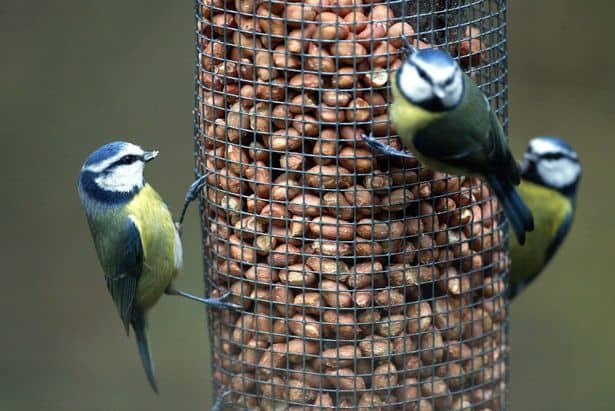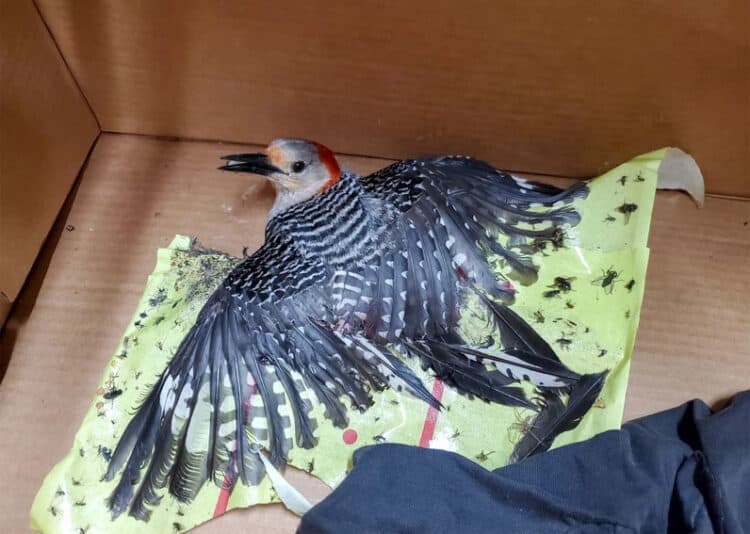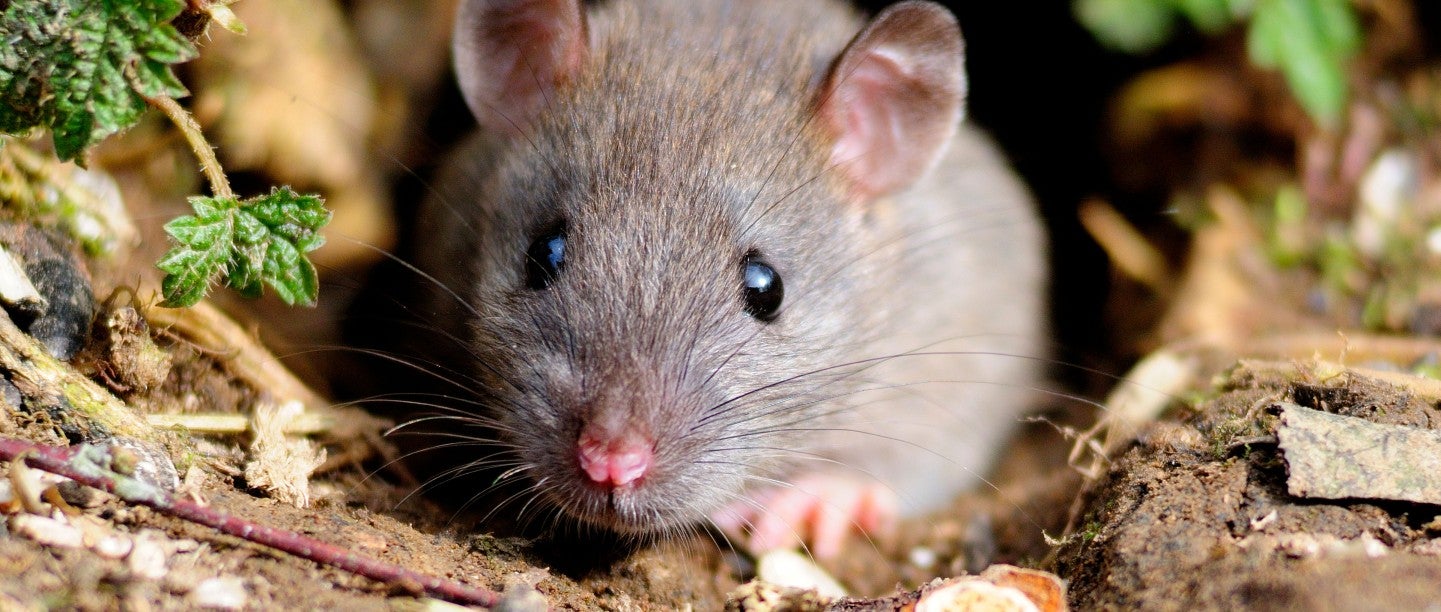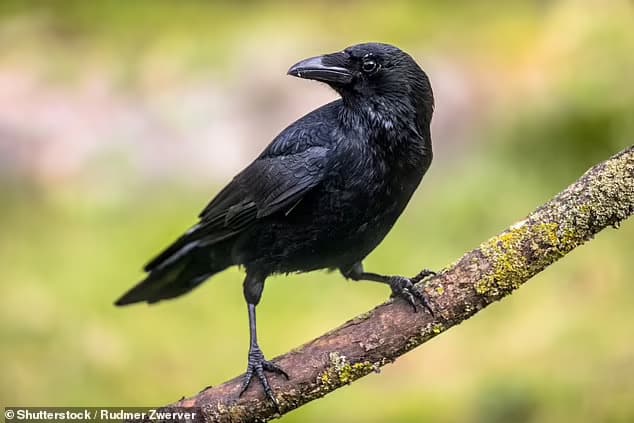The RSPCA has renewed its campaign for a ban on “vicious” glue traps after two blue tits and a mouse were caught in one on a West London street and died slowly and painfully.
The three small animals were discovered by members of the public in a residential street in Southall, captured in a rodent trap. One of the blue tits and the mouse were already dead, while the other blue tit had to be put down after being fatally injured while attempting to free itself.
Glue traps are made out of a sheet of plastic, cardboard, or wood that has been coated with a non-drying glue and are commonly available in the United Kingdom, but are prohibited in the Republic of Ireland.
RSPCA rescue officer Holly Walker said: “These glue traps are vicious and indiscriminate. Though meant to catch rodents, we see non-target animals – from birds to cats – getting stuck on the traps’ powerful glue and as they struggle to free themselves, they invariably suffer terrible injuries and die.
My fellow officers and I have repeatedly been left shocked and horrified by the lethal damage wrought on wildlife, pets and other animals by these awful traps and the proposed ban on them cannot come a moment too soon.”
Between 2016 and 2021, there were 263 incidents involving glue traps reported to the RSPCA in England alone, with non-target species including cats, robins and other wild birds, often falling victim.
The charity said 73% of the glue trap incidents reported between 2016 and 2020 involved non-target animals. The RSPCA has campaigned against their use as they believe they can cause animals pain, distress and severe suffering.

Holly said: “Unfortunately, glue traps are widely available and a cheap method of rodent control – but there are other, more humane methods available too such as humane deterrence. We hope any ban on glue traps extends to their sale, as well as their use, and urge British nations to work together to overcome any barriers in law to stopping their sale; and work to get these devices out of shopping baskets and into the history books.”
A glue trap ban in England is close after the Glue Traps (Offences) Bill completed its passage through the House of Commons recently. It has the backing of the UK Government and would make using a glue trap to catch a rodent illegal in England, unless under licence.
If you see an animal caught in a trap, call the RSPCA’s emergency line on 0300 1234 999 – however, never try to free an animal from a snare or trap as you risk hurting yourself and the animal. The RSPCA said that in many cases, animals are more seriously injured than they might look, so it is best that they are examined properly to see if they need veterinary treatment.
This article by Josh Bolton was first published by MyLondon on 14 April 2022. Lead Image: The nasty trap caught two blue tits and a mouse, all of which died despite members of the public calling the RSPCA.
What you can do
Support ‘Fighting for Wildlife’ by donating as little as $1 – It only takes a minute. Thank you.
Fighting for Wildlife supports approved wildlife conservation organizations, which spend at least 80 percent of the money they raise on actual fieldwork, rather than administration and fundraising. When making a donation you can designate for which type of initiative it should be used – wildlife, oceans, forests or climate.







Leave a Reply